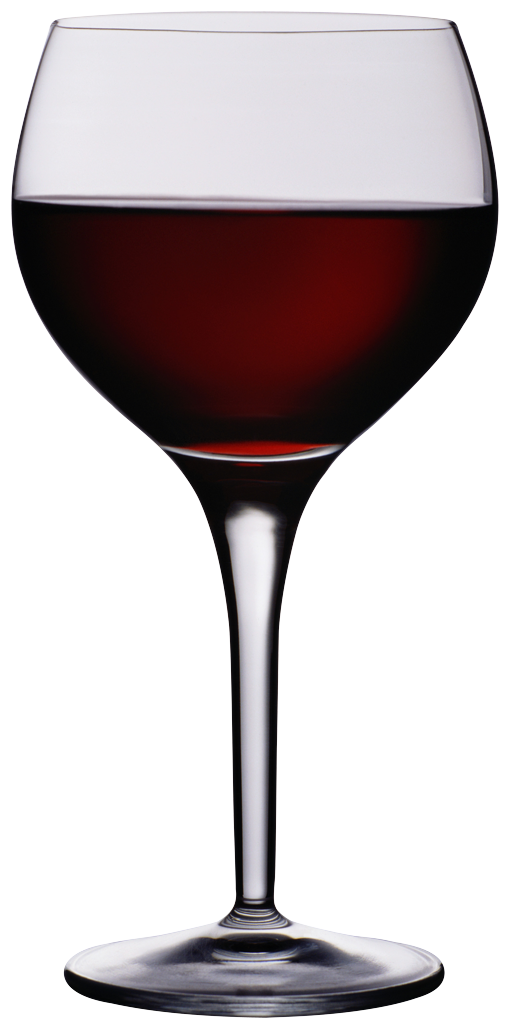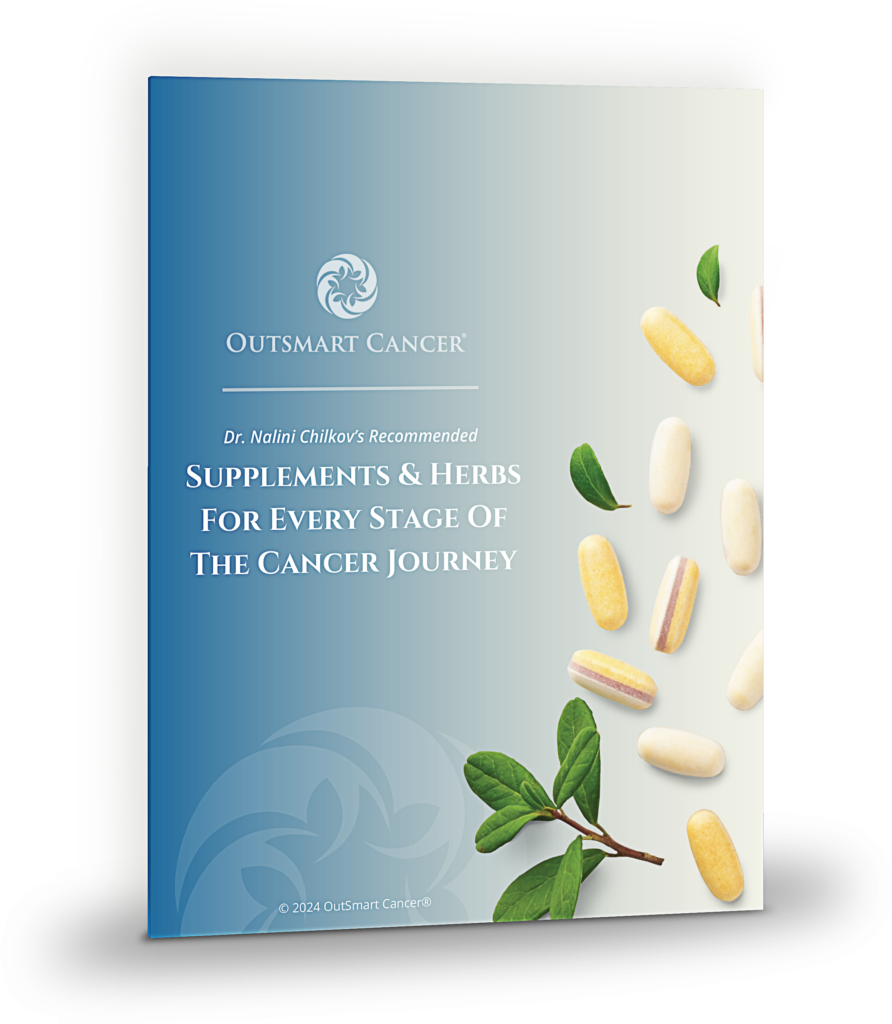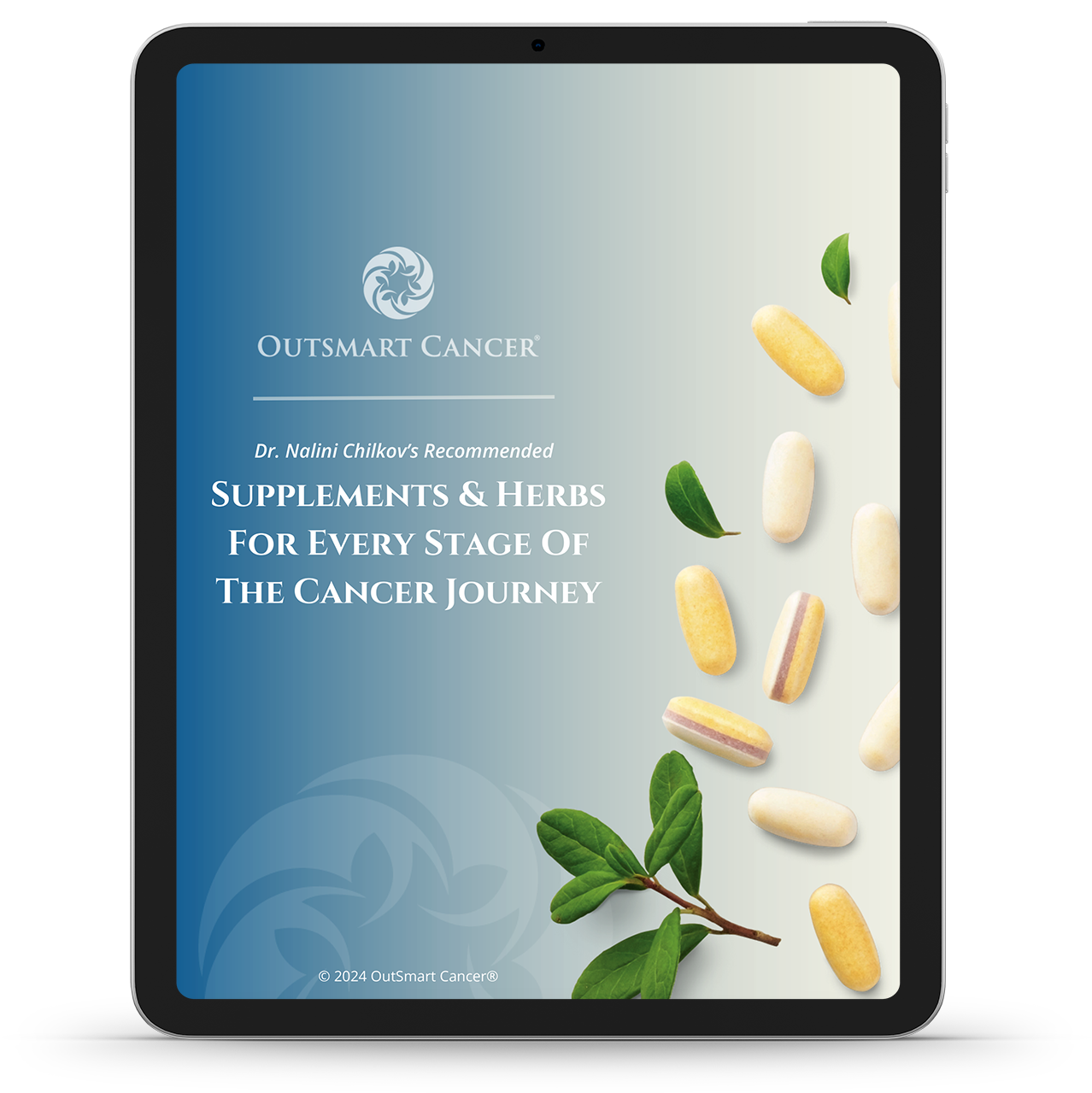Resveratrol is a potent anti-oxidant found in red and purple grapes and berries. It is used extensively in China as a longevity tonic and to support cancer patients and cardiovascular patients. Resveratrol can actually turn on your cancer fighting genes.
Watch my Smart Tip Video to learn more
Excerpt from Memorial Sloan Kettering Cancer Center on Resveratrol:
A naturally occurring compound in the skin of red grapes and other botanicals, resveratrol has been shown to reduce inflammation. It also has antioxidant properties and may help to protect against atherosclerosis (thickening of arterial walls) and heart disease. Animal studies have shown that resveratrol has the ability to prevent certain cancer cells from dividing.
Muscadine Grapes, when ripe are blue-black in color signifying not only the presence of resveratrol but also potent polyphenols, ellagic acid and catechins that support normal anti-oxidant function and may be able to cause cancer cells to self destruct. Some of the most potent healing plant constituents are the deep and bright colors in our foods and botanical medicines. It is easy to eat a diet rich in these healing and protective molecules simply by eating a rainbow of colors over the course of a day.
Resveratrol and ellagic acid as well as pterostilbene, a relative of resveratrol are typically found in purple red fruits such as grapes, raspberries, pomegranate, cranberries and blueberries.
Purported Uses
- Atherosclerosis
- Laboratory studies have shown that resveratrol helps in preventing atherosclerosis.
- Coronary heart disease
- Cancer prevention
- Several laboratory studies have demonstrated the ability of resveratrol in preventing growth of cancer cells.
- Inflammation
Do Not Take if You are taking antiplatelet drugs (resveratrol may increase the risk of bleeding). If you are taking drugs that are substrates of Cytochrome P450 (Resveratrol may increase the risk of side effects of some drugs and make others less effective).




